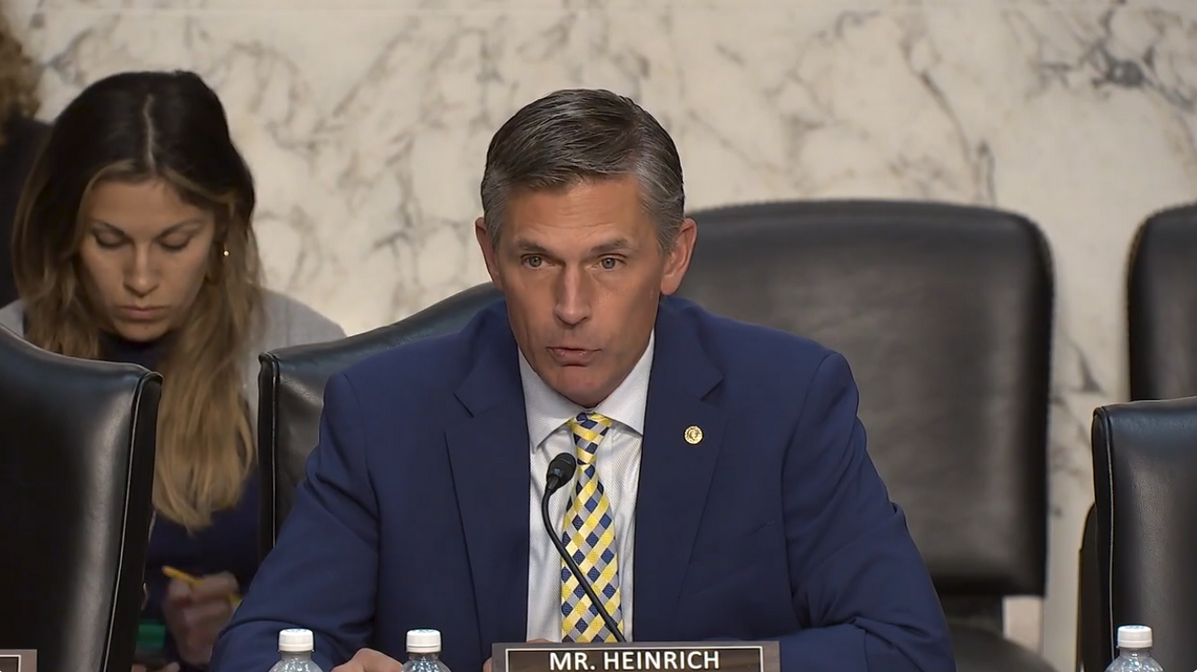Careers New Mexicans can build their families around
Dear Friend,
We have a lot of work to do to address climate change and build our clean energy future. Many New Mexicans are eager to be the heroes in this story. We need to invest in them.
This week, I chaired a Joint Economic Committee hearing focused on growing the economy of the future by job training for the clean energy transition. Witnesses included Courtenay Eichhorst from the U.A. Local Union No. 412 in Albuquerque and Tracy Hartzler, the President of Central New Mexico Community College. They shared their work to prepare more New Mexicans for the skilled trades — with demand for these workers creating a once-in-a- generation opportunity to grow the middle class.
VIDEO: U.S. Senator Martin Heinrich’s opening statement in the Joint Economic Committee hearing on job training for the clean energy future, September 20, 2023.
The Bureau of Labor Statistics predicts that over the next decade we'll need to fill at least 735,000 job openings for electricians, 425,000 for plumbers and pipefitters, nearly 400,000 for HVAC mechanics, and 100,000 for utility line workers to meet growing demands. Some estimates put the increased demand for workers even higher.
Our current workforce shortages are a real limiting factor in growing the advanced energy economy. That’s why we need to invest in proven career training pathways and work collaboratively with labor unions, community colleges, and private industry. We should also invest in expanding career technical education and work-based opportunities in these emerging fields as early as high school.
This week, I welcomed President Joe Biden’s launch of the American Climate Corps. This program will connect tens of thousands of young people to skilled trades career pathways in the clean energy and climate resilience sectors. As the first AmeriCorps alum in the Senate, I have been calling to create a Climate Corps for years to help mobilize the next generation of conservation, clean energy, and climate resilience workers, and maximize the creation of accessible training opportunities.
This is in addition to the U.S. Department of Energy’s launch of the Career Skills Training program. Established by the Infrastructure Law, this program will provide up to $10 million to nonprofit partnerships between public or private industry and labor organizations to deliver programs that provide both energy efficiency classroom instruction and on-the-job training.
In the most recent federal funding law, I also secured major investments through Congressionally Directed Spending to support clean energy workforce training in New Mexico. That includes $1.6 million for New Mexico State University to become a testbed for clean energy and electric grid modernization technologies and $1.2 million for the Southwest Piping Institute to equip the Arriba Empowerment Center in Española for workforce training.
This is our chance to reshape our state’s entire economy in a way that delivers for New Mexicans.
Sincerely,
[signature]
